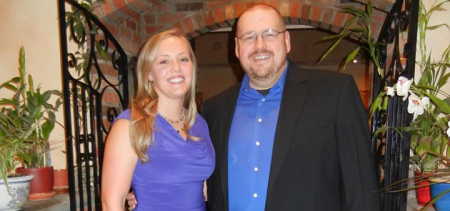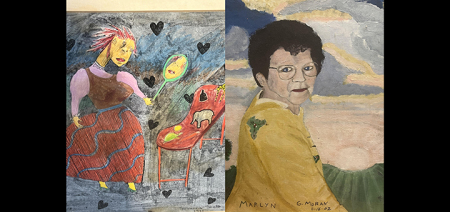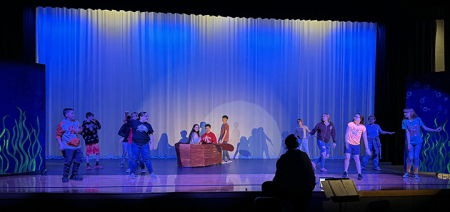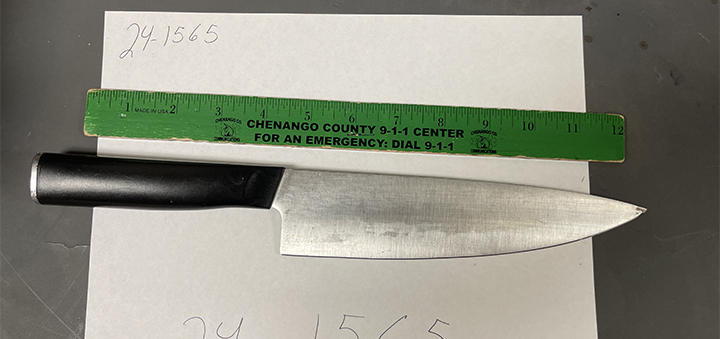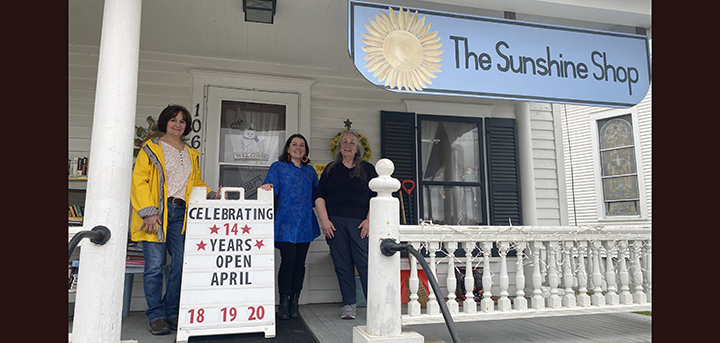Let’s Fight Back Vs. Gov’t Throttling Of Constitution
Published:
March 26th, 2014
By Nat Hentoff
In 1975, Frank Church, a Democratic senator from Idaho, told the American people that a government intelligence agency most of them had never heard of -- the National Security Agency -- "had the capability to secretly monitor everything: telephone conversations, telegrams, it doesn't matter. There would be no place to hide."
Like many Americans, regardless of their political party, I was startled at this news.
At the time, Church was the chairman of the Senate Select Committee to Study Governmental Operations With Respect to Intelligence Activities, better known as the Church Committee. He worked hard to spread this frightening news as fully as he could, which I reported in columns and my book, "The War on the Bill of Rights and the Gathering Resistance" (Seven Stories Press, 2003).
This exemplary patriot assured us that "never again will an agency of the government be permitted to conduct a secret war against those citizens it considers threats to the established order."
But he could not predict the coming of a Congress wholly forgetful of the Church Committee and absorbed in internal wars to gain political party ascendancy, not to mention a two-term president who largely exterminated the separation of powers.
However, as I've been reporting, the revelations of former NSA contractor Edward Snowden and Democratic. Sen. Dianne Feinstein have partially reawakened Congress.
Meanwhile, Frederick A.O. ("Fritz") Schwarz Jr., who was chief counsel for the Church Committee and is currently the chief counsel for the Brennan Center for Justice at New York University School of Law, challenges us to rescue our fading identity as a self-governing citizenry. In his column, "Why We Need a New Church Committee to Fix Our Broken Intelligence System," from the March 31 issue of The Nation, he writes:
"Now it is time for a new committee to examine our secret government closely again, particularly for its actions in the post-9/11 period.
"This need is underscored by what has become a full-blown crisis, with Senate Intelligence Committee chair Dianne Feinstein accusing the CIA of spying on the committee, possibly violating the Constitution's separation-of-powers principles, the Fourth Amendment and other laws" (Schwarz, The Nation, March 31).
In a spectacularly unexpected fusion of warring public figures, Feinstein, who had accused Edward Snowden of being a traitor, has now joined with him to expose government secrecy and make us Americans again.
And so will this Church Committee revival.
But how will this new committee actually operate to accomplish this mission? In a March 13 interview with Kevin Gosztola, author of The Dissenter blog, Schwarz explains how extensive this penetration of past government secrecy should be. The Church Committee, he points out, studied the uses of presidential power, from Franklin Roosevelt to Richard Nixon. He tells Gosztola:
"We concluded that each of the six presidents in that period abused their secret powers. We looked at all of the intelligence agencies. We looked at what Congress itself had been doing. And a new investigation should do the same thing" ("Former Church Committee Chief Counsel Pushes for New Investigation Into Secret Government," Kevin Gosztola, dissenter.firedoglake.com, March 13).
So We The People should now look deeply into the dark, extra-constitutional, subterranean activities of Bill Clinton, George W. Bush and Barack Obama.
This committee should not engage in prosecutions, Schwarz says, but rather focus on the scope and depth of the culture of secrecy in government. Such exposure would stir our interest in trying to maintain ways to be alert to continuing government duplicity in what Dick Cheney called "the dark side."
For one example, the new committee should study and recommend deeper examination of continuing government super-surveillance technology.
As Schwarz tells Gosztola: "The technology the government now has to surveill is infinitely more powerful than it was in 1975 when we did our land-breaking work."
Furthermore, as Gosztola writes, pursuing this culture of secrecy "reflects a developed understanding that secret government does not just come from secret programs or operations that are kept secret, but also from the manner in which officials believe they can govern in Washington without having the public know what exactly it is they are doing behind closed doors."
This also requires, I would add, a lot of examination by our media in all its forms to keep digging into how the enveloping, self-aggrandizing power of elected officials leads members of both parties to hide from us what they're doing.
Gosztola continues: "There is an extensive amount of conduct that goes on irrespective of protecting 'national security,' and citizens remain in the dark about what (else) it is that they are conspiring or planning for the nation.
"Limits and mechanisms should obviously be put in place to make it harder for them to commit the kinds of abuses and wrongdoing, which they will work so tirelessly to cover up. But, for any such development to happen, a committee with congressional and institutional backing will have to do the work of studying the issues and proposing remedies."
But, I caution: Don't count on congressional backing. It is already clear that both parties have no meaningful concern that this is still trying to be a self-governing republic. However, there are civil liberties institutions run by citizens who do give a damn about having an open government, and they should get behind this new Church Committee.
And so must you. We can't always depend on other Edward Snowdens to shock us into knowing what our government is hiding from us.
If, by the 2016 elections, the CIA, NSA, et al. are still mysteriously ensconced, don't bother to celebrate Independence Day.
Nat Hentoff is a nationally renowned authority on the First Amendment and the Bill of Rights. He is a member of the Reporters Committee for Freedom of the Press, and the Cato Institute, where he is a senior fellow.
Comments
